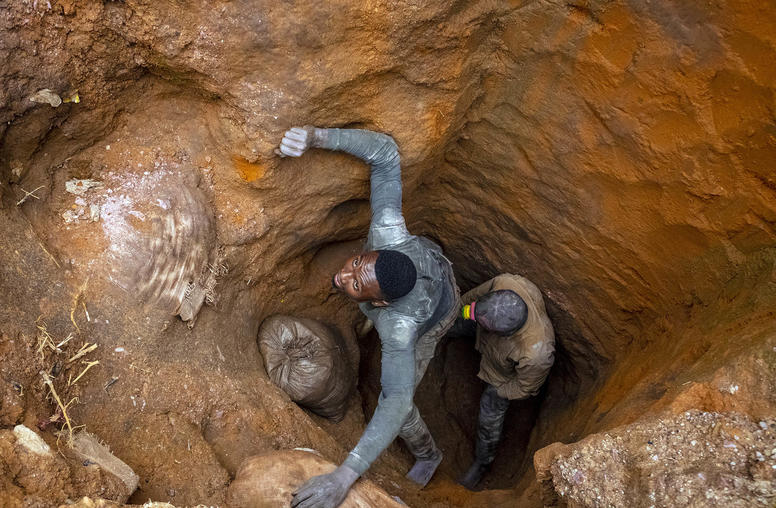Should the International Community do Post-Conflict State-Building?
Scholars and policy analysts increasingly seem to agree that building effective and legitimate states lies at the core of successful peacebuilding. But is this true? Is a state-building approach the surest way to peace in places like Afghanistan, Iraq and Somalia? Some analysts think that state-building efforts risk aggravating violence or empowering unaccountable and corrupt regimes. Others believe that effective state institutions are the only hope for self-sustaining stability.
Please join us to for a discussion of the new state-building approach with contributors to a recently published book, Building States to Build Peace, edited by USIP Senior Fellow Charles Call. Panelists will discuss the tensions that may exist between state-building and peacebuilding, and the circumstances under which legitimate and sustainable states may be established in the aftermath of civil wars. They will also address what changes are needed for international actors to be more effective in their endeavors.
Archived Audio
To listen to audio or to view video, please click on the links provided below. You also can right click on the links and choose "Save Target As" or "Download Linked File." This will save the file to your computer and then allow you to play it in your media player directly. More Audio Help.
- Listen to the audio from this event.
01:29:46 - 17.5MB
Speakers
- Sarah Cliffe
Director of Strategy and Operations for the East Asia and Pacific Region at the World Bank - Kenneth Menkhaus
Expert on Somalia and Professor of Political Science, Davidson College - Charles T. Call
Jennings Randolph Senior Fellow, U.S. Institute of Peace - Karin von Hippel
Co-Director, Post-Conflict Reconstruction Project, Center for Strategic and International Studies (CSIS) - Daniel P. Serwer, Moderator
Vice-President, Center for Post-Conflict Peace and Stability Operations, U.S. Institute of Peace



